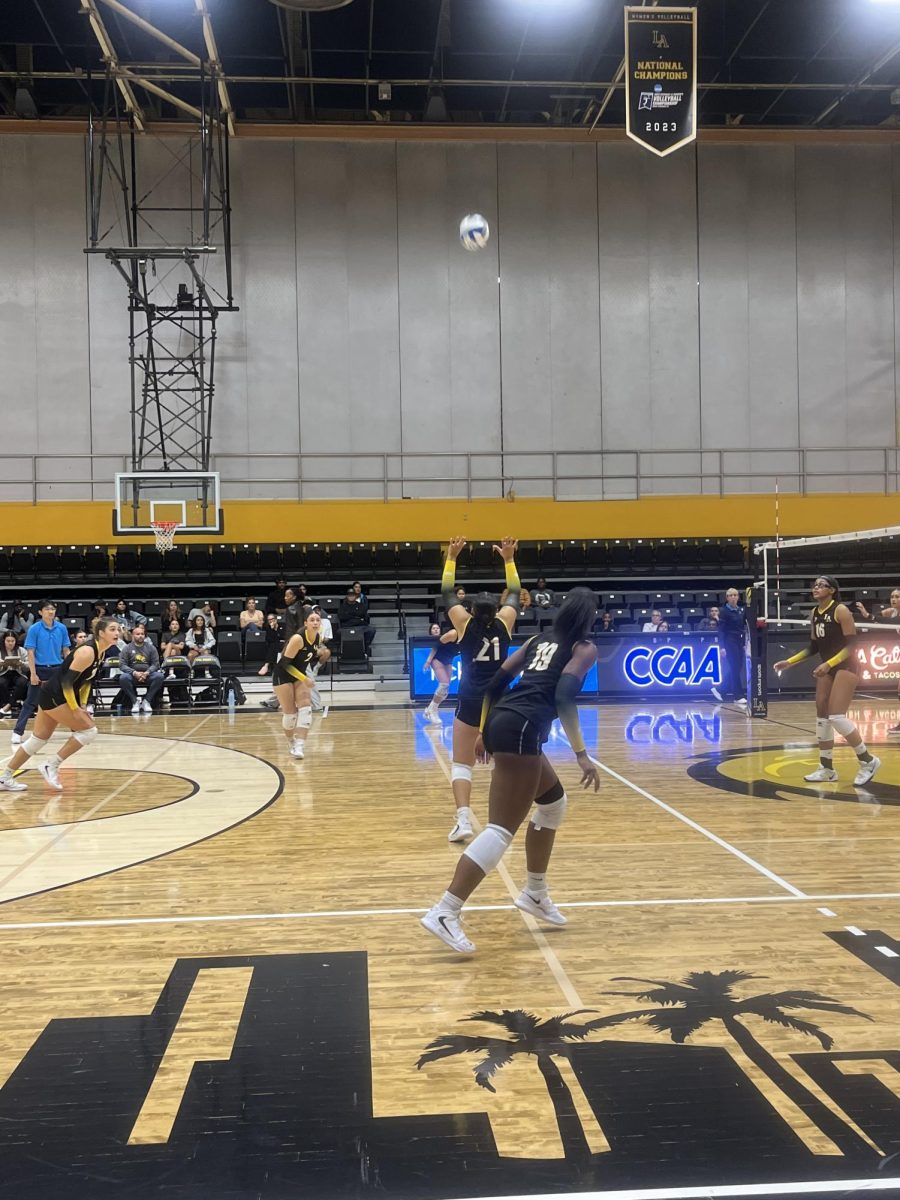The vaping-related health epidemic that hit the country seems to be slowing down.
Araceli Amador, owner of Biohazard Smoke Shop in Downey, California, said in an interview late last year that her shop has been affected by media coverage of vaping-related injuries.
“Business has slowed down,” she said, adding that she can’t be sure if it’s related to “the recent news regarding the vaping deaths or something else.”
The thousands of vaping shops that opened around the country in recent years have seen sales plunge and some have even closed, according to the Associated Press. At the same time, several young people interviewed on the Eastside report using the products less or seeing their friends use it less.
Greater awareness of the health hazards related to vaping have, in part, led to declining emergency department visits since September, when they peaked, according to the Centers for Disease Control and Prevention.

Amador has owned her business for 13 years and based on that, she said she feels that vaping, in and of itself, is not the cause of the recent deaths: “My regular customers have been vaping for five years and all of a sudden marijuana shops opened that are legal and that’s when people started getting sick.”
In fact, the CDC reports that national and state data “suggest tetrahydrocannabinol (THC)-containing e-cigarette, or vaping, products, particularly from informal sources like friends, family, or in-person or online dealers, are linked to most EVALI cases and play a major role in the outbreak.”
EVALI stands for “e-cigarette, or vaping, product use-associated lung injury.” As of Jan. 14, there have been more than 2,600 hospitalizations or deaths from EVALI cases reported around the country to the CDC. Of those, 60 have been confirmed as deaths.
Because of how much news coverage there has been about the vaping-related deaths, Cal State LA student Kween Robinson said her friends who used to vape have slowly stopped: “One of my friends was reading articles on how it [certain e-cigarettes] got banned in New York and she slowly but surely stopped using it as much.”
Robinson said most people didn’t initially understand the harmful effects of vaping.
“When e-cigarettes first came out, they were [marketed] for people who wanted to get off of cigarettes and then people changed it into something else like it’s a cool thing to vape,” she said.
The heightened awareness and signs on Cal State LA’s campus banning smoking don’t stop everyone from doing it, said Selena Muro, a student.
“I have seen people on campus, walking around, smoking and then they’ll put it back into their sweater or in their pocket,” Muro said.
Muro added that awareness among parents can help reduce how many people smoke. “My dad, even though I’m older and my sister is older, we’ve seen everything on the news and my dad will tell us, ‘You guys can’t do that. Don’t do that.’”
This story was produced for JOUR 4820 Digital Journalism.







